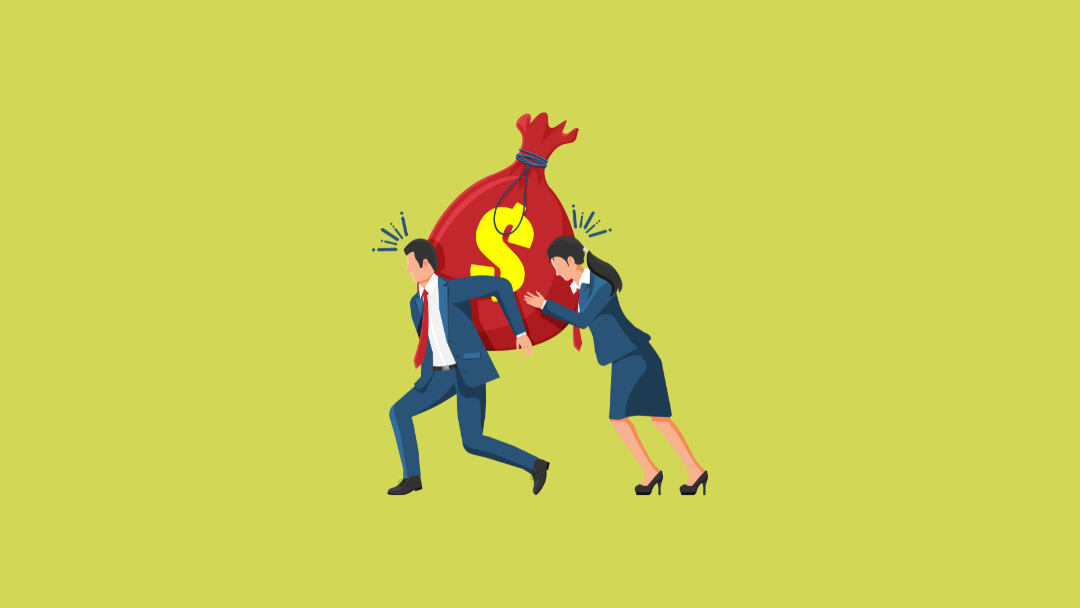If an individual or business owes you money and they are refusing to pay, there are several options available for you to try and recover the debt. This is a common occurrence and may be an unfortunate consequence if you have lent money to a family member or friend, sold goods on credit, or are owed money for services provided. In this instance, you are recognised as a creditor and the person or business who owes money is the debtor. You may choose to settle the matter informally or formally, and the below information aims to assist determine the most suitable avenue for your claim.
Negotiation
If there is a dispute relating to an outstanding payment, the first option is to try and reach a solution directly with the person or business who owes you money. There may be reasons for the outstanding debt, and if they are unable to pay you back you could negotiate a lesser amount or arrange a payment plan to ensure the debt is satisfied.
Mediation
If you require mediation, a Community Justice Centre will provide free mediation and assist the parties reach an agreement for claims under $10,000. This may be a quick and cost-effective solution to reach an agreement in comparison to initiating formal proceedings.
Letter of demand
Alternatively, you can send a letter of demand to attempt to reach an agreement with the debtor.
The letter should outline:
- The amount of the loan and the reason for it;
- The amount that is owed to you;
- When it should have been paid;
- The new deadline for payment of the outstanding debt; and
- The action you will take if payment is not received by the deadline.
The letter should also outline if legal action is taken against the debtor, they may be liable to pay your costs and interest in addition to the debt.
Take legal action
If a debtor has not responded to your attempts for settlement, you may lodge a claim with the relevant Court so long as the claim is lodged within the 6-year time limit. Legal proceedings may prompt the debtor to act if prior attempts have been unsuccessful. However, before a claim can be lodged, you must understand the value of the debt so you can apply to the relevant Court.
The originating process document will usually require the debtor to respond within 28 days or you can apply for default judgment. The debtor can file a defence which means you will need to put on evidence to prove the nature of the debt. You should bear in mind that a compromise can be made at any time after Court proceedings are commenced.
Small Claims Division – Local Court
For matters under $20,000, you will lodge a claim with the Small Claims Division in the Local Court.
General Division – Local Court
For matters up to $100,000, you will lodge a claim with the General Division in the Local Court.
District Court
For matters over $100,000, you will lodge a claim with the District Court.
We advise you seek legal advice if you have been unsuccessful in attempting to recover the debt. We can also assist with the drafting of a letter of demand to maximise your chances of recovery. Please bear in mind that certain amendments have been made to legislation for recovery of debts due to COVID-19. Please contact a member of the Cheney Suthers team if you would like further information or advice.

